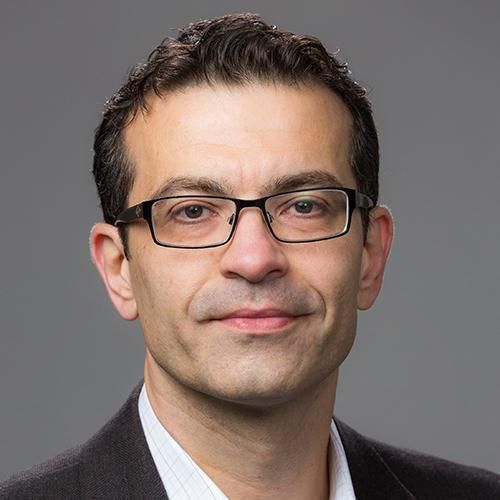
Roles of adherent myogenic cells and dynamic culture in engineered muscle function and maintenance of satellite cells.
Highly functional engineered skeletal muscle constructs could serve as physiological models of muscle function and regeneration and have utility in therapeutic replacement of damaged or diseased muscle tissue. In this study, we examined the roles of different myogenic cell fractions and culturing conditions in the generation of highly functional engineered muscle. Fibrin-based muscle bundles were fabricated using either freshly-isolated myogenic cells or their adherent fraction pre-cultured for 36 h. Muscle bundles made of these cells were cultured in both static and dynamic conditions and systematically characterized with respect to early myogenic events and contractile function. Following 2 weeks of culture, we observed both individual and synergistic benefits of using the adherent cell fraction and dynamic culture on muscle formation and function. In particular, optimal culture conditions resulted in significant increase in the total cross-sectional muscle area (- 3-fold), myofiber size (- 1.6-fold), myonuclei density (- 1.2-fold), and force generation (- 9-fold) compared to traditional use of freshly-isolated cells and static culture. Curiously, we observed that only a simultaneous use of the adherent cell fraction and dynamic culture resulted in accelerated formation of differentiated myofibers which were critical for providing a niche-like environment for maintenance of a satellite cell pool early during culture. Our study identifies key parameters for engineering large-size, highly functional skeletal muscle tissues with improved ability for retention of functional satellite cells.
Duke Scholars
Published In
DOI
EISSN
ISSN
Publication Date
Volume
Issue
Start / End Page
Related Subject Headings
- Tissue Engineering
- Satellite Cells, Skeletal Muscle
- Rats, Sprague-Dawley
- Rats
- Muscle Fibers, Skeletal
- Cells, Cultured
- Cell Differentiation
- Cell Culture Techniques
- Cell Adhesion
- Biomedical Engineering
Citation

Published In
DOI
EISSN
ISSN
Publication Date
Volume
Issue
Start / End Page
Related Subject Headings
- Tissue Engineering
- Satellite Cells, Skeletal Muscle
- Rats, Sprague-Dawley
- Rats
- Muscle Fibers, Skeletal
- Cells, Cultured
- Cell Differentiation
- Cell Culture Techniques
- Cell Adhesion
- Biomedical Engineering

